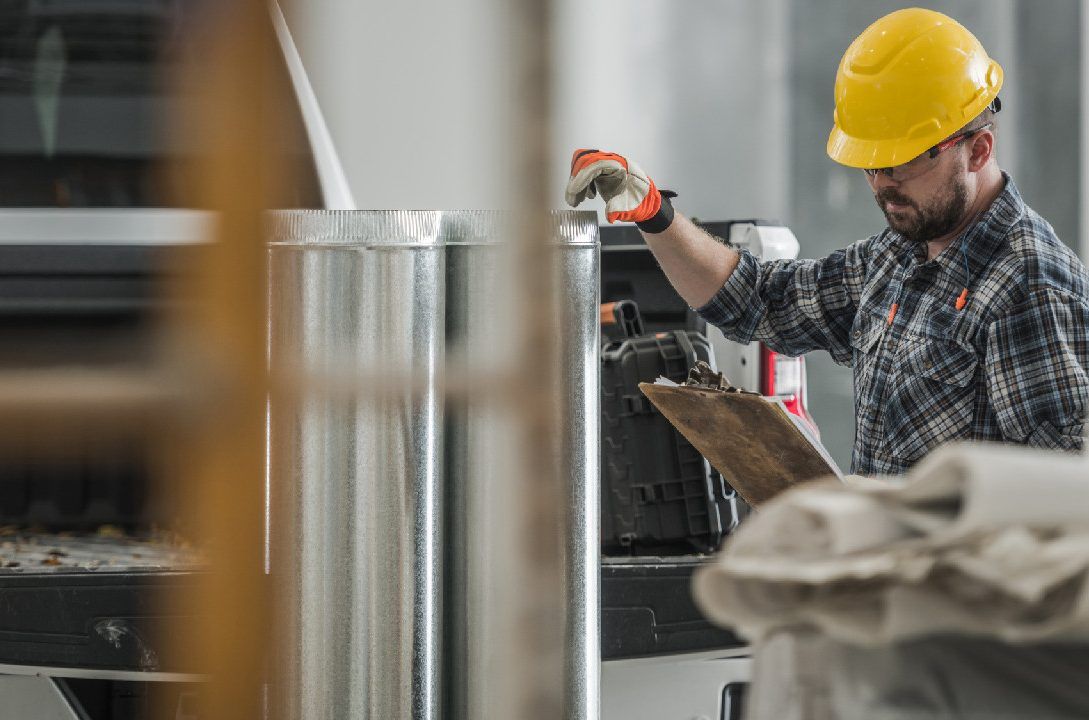HVAC (Heating, Ventilation, and Air Conditioning) systems play a vital role in maintaining indoor comfort and air quality in residential, commercial, and industrial buildings. However, with the growing emphasis on energy efficiency and environmental sustainability, ensuring HVAC compliance with regulations and standards has become a critical consideration. In this blog post, we will explore the importance of HVAC compliance, the key regulations and standards, and the benefits of adhering to them.
The Importance of HVAC Compliance:
Compliance with HVAC regulations and standards is crucial for several reasons:
- Energy Efficiency: HVAC systems account for a significant portion of energy consumption in buildings. Compliance with energy efficiency regulations helps reduce energy waste, lower operational costs, and minimize the environmental impact.
- Indoor Air Quality: Properly designed and maintained HVAC systems are essential for maintaining good indoor air quality. Compliance ensures that ventilation rates, filtration systems, and air circulation meet the necessary standards, thereby promoting a healthy and comfortable indoor environment.
- Safety: Compliance with safety regulations ensures that HVAC systems are installed and operated safely, reducing the risk of fire hazards, gas leaks, and other potential dangers associated with heating and cooling equipment.
- Legal Requirements: Non-compliance with HVAC regulations can result in legal repercussions, including fines, penalties, and restrictions on building operations. Staying compliant helps avoid these legal and financial consequences.
Key HVAC Regulations and Standards:
- Energy Efficiency Standards: Various countries and regions have established energy efficiency standards for HVAC equipment. Examples include the Energy Star program in the United States and the European Union’s Energy Performance of Buildings Directive (EPBD). Compliance involves using energy-efficient equipment, optimizing system design, and conducting regular maintenance.
- Refrigerant Regulations: The phase-out of ozone-depleting substances, such as chlorofluorocarbons (CFCs) and hydrochlorofluoro carbons (HCFCs), is regulated under international agreements like the Montreal Protocol. Compliance requires using environmentally friendly refrigerants, such as hydrofluoro carbons (HFCs) with lower global warming potential (GWP) or natural refrigerants like carbon dioxide (CO2) or ammonia (NH3).
- Ventilation Standards: Standards such as ASHRAE 62.1 in the United States provide guidelines for ventilation rates to maintain indoor air quality. Compliance involves proper ventilation design, airflow measurement, and regular maintenance to ensure the supply of fresh air and removal of contaminants.
- Building Codes: National and local building codes incorporate HVAC requirements to ensure safety, energy efficiency, and occupant comfort. Compliance involves meeting installation standards, equipment sizing, insulation requirements, and ductwork design.
Benefits of HVAC Compliance:
- Energy Savings: Energy-efficient HVAC systems can significantly reduce energy consumption and lower utility costs, resulting in long-term savings for building owners.
- Enhanced Comfort: Compliance with ventilation standards and temperature control requirements ensures a comfortable indoor environment, promoting productivity, well-being, and occupant satisfaction.
- Environmental Sustainability: Energy-efficient HVAC systems and the use of eco-friendly refrigerants contribute to reduced greenhouse gas emissions and help mitigate climate change.
- Improved Indoor Air Quality: Compliance with ventilation and filtration standards ensures that occupants breathe clean and healthy air, reducing the risk of respiratory issues and allergies.
- Long-Term Durability: Properly designed, installed, and maintained HVAC systems in compliance with regulations tend to have a longer lifespan and require fewer repairs, minimizing maintenance costs.
Conclusion
HVAC compliance is essential for ensuring energy efficiency, sustainability, and indoor comfort in buildings. By adhering to regulations and standards related to energy efficiency, refrigerants, ventilation, and building codes, stakeholders can achieve significant benefits, including energy savings, enhanced indoor air quality, and environmental sustainability. As HVAC technology continues to evolve, staying updated with the latest compliance requirements and investing in efficient and environmentally friendly systems will be crucial for building owners and occupants alike.
Related Posts:
Get Started with a free 15 -day trial
No credit card required for Trial Plan
Continue using starter plan for free forever, after trial or upgrade to Premium Subscription






… [Trackback]
[…] Information on that Topic: blog.imeetify.com/new-hvac-compliance-ensuring-efficiency-and-sustainability/ […]